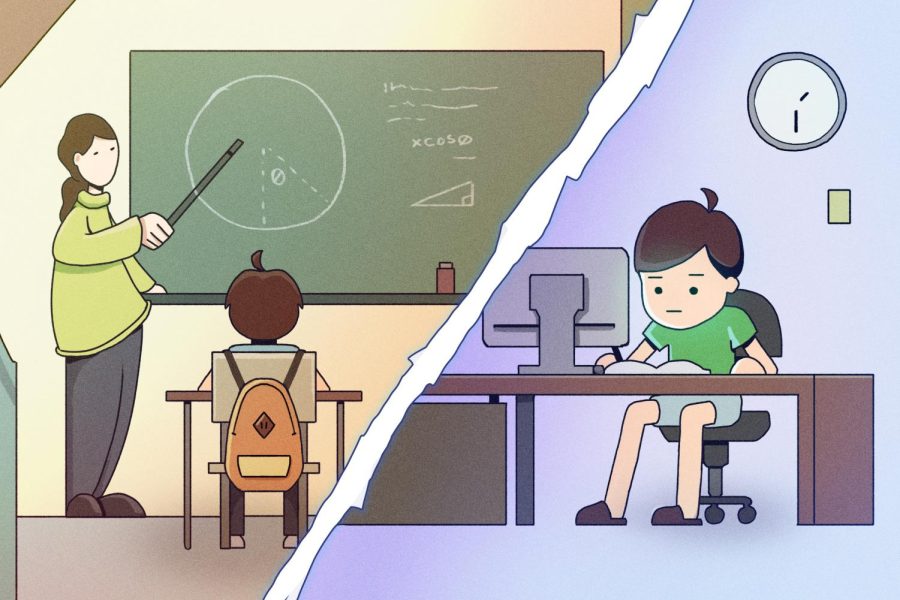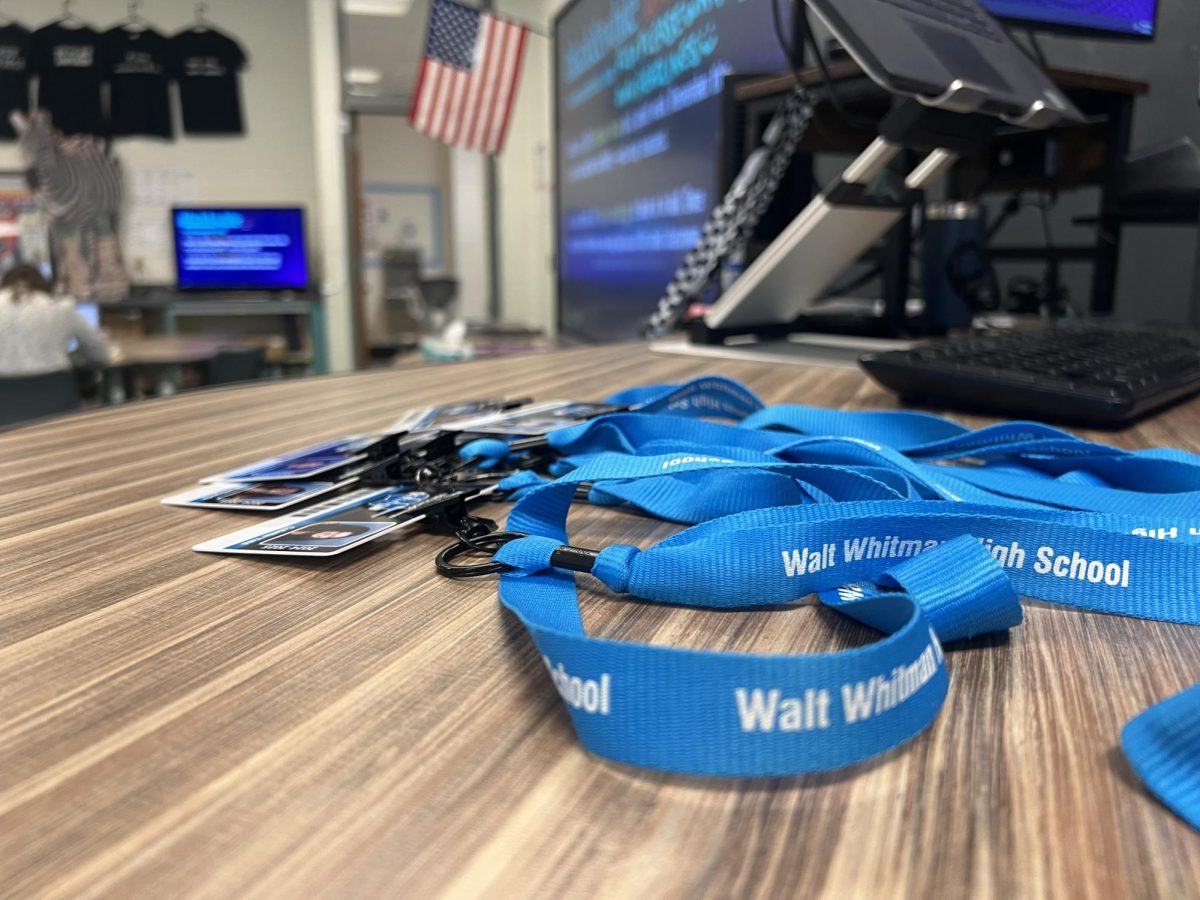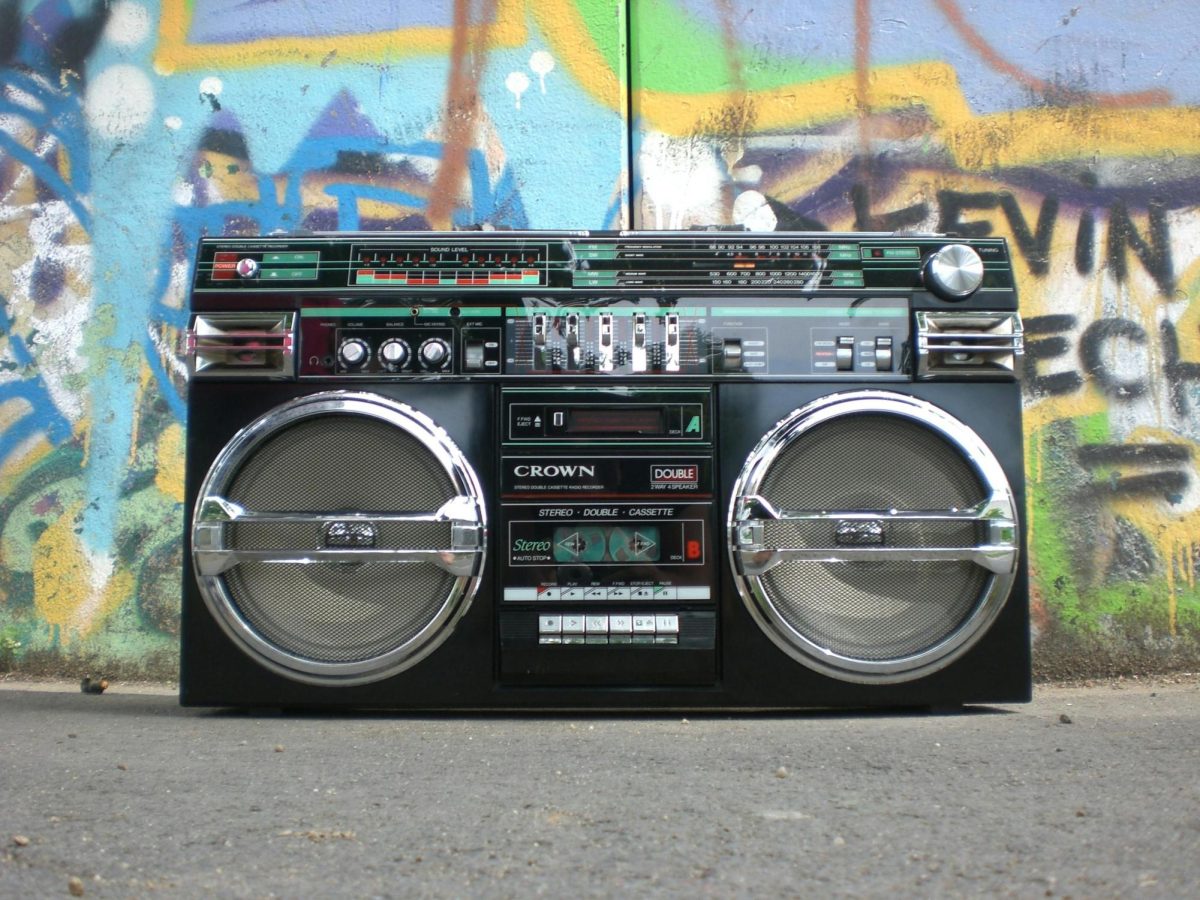Talking on a handheld cell phone while driving became a primary offense Oct. 1 in order to make existing communication device laws easier for officials to enforce.
A police officer can now pull a driver over for talking on a handheld phone, even if they are not committing another primary offense, such as speeding or reckless driving. Maryland’s texting and driving law is already a primary offense.
“We hope that this law will make people more aware of the dangers of distracted driving, especially with only one hand on the wheel,” said a representative from the Department of Maryland State Police.
Maryland is the twelfth state, along with D.C., to make handheld device use a primary offense. Drivers will be fined $75 for their first offense, a $35 increase from before. The penalty will increase with each citation.
Previous laws prohibited permit and provisional license holders, in addition to anyone under the age of 18, from using both handheld or hands-free phones while driving. Speakers, bluetooth devices and wired headsets are permitted while driving for anyone who holds a full license.
“The ban on the use of handheld devices while driving serves as an indication of just how dangerous it is for the people on our roads,” the representative said. “The fact that it’s a primary offense indicates that it’s a life or death situation when you’re trying to operate a handheld device while operating a motor vehicle.”
Also beginning Oct. 1, all backseat passengers are required to wear a seatbelt, a step up from past requirements, which only required children under 16 to wear a seatbelt in the backseat. Drivers will also not be able to have more passengers in the car than the number of seatbelts, and violation of this law is a secondary offense with a $50 fine.








